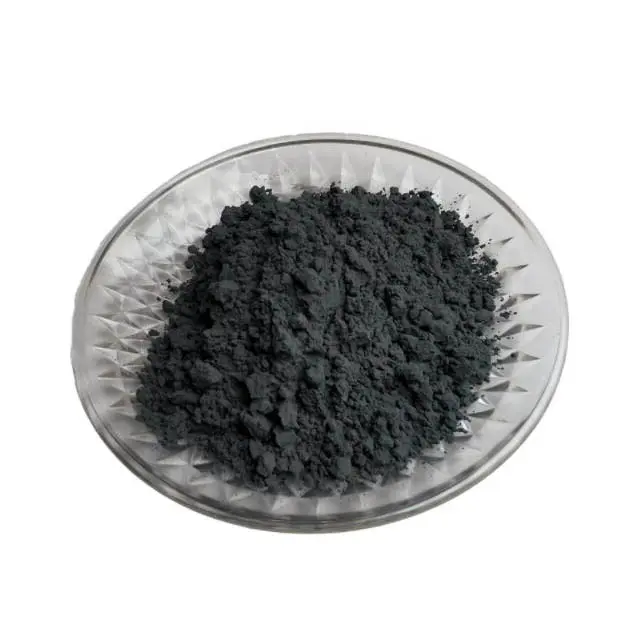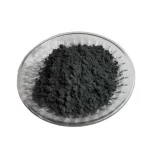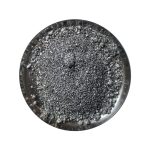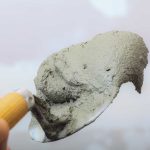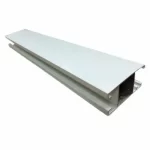
China pure aluminum powder factory
China pure aluminum powder factory
Understanding Pure Aluminum Powder
Pure aluminum powder is derived from high-quality aluminum metal through a carefully controlled process. The production of pure aluminum powder involves several steps to ensure the material’s purity and fine particle size:
1. Aluminum Ingot Preparation
The first step in obtaining pure aluminum powder is the preparation of high-quality aluminum ingots. These ingots are typically made from primary aluminum, which is derived from bauxite ore through the Bayer process. The ingots are carefully cast and processed to ensure they are free from impurities that could affect the quality of the resulting powder.
2. Mechanical Milling
Mechanical milling, also known as ball milling, is the most common method used to produce pure aluminum powder. This process involves placing aluminum flakes or granules into a ball mill, which is a rotating cylindrical container filled with grinding media such as ceramic balls. The collision and impact between the aluminum particles and the grinding media break down the aluminum into finer particles.
During mechanical milling, the milling time, speed, and ball-to-powder ratio are carefully controlled to achieve the desired particle size and distribution. The process may take several hours or even days to ensure the aluminum is finely ground into a powder with exceptional purity.
3. Sieving and Classification
After mechanical milling, the pure aluminum powder undergoes sieving and classification to remove any coarse particles and ensure uniformity in particle size. Sieving is performed using fine mesh screens to separate the powder into different size fractions. The classified powder can then be collected, packaged, and prepared for various applications.
Characteristics of Pure Aluminum Powder
Pure aluminum powder possesses several notable characteristics that contribute to its versatility and wide range of applications:
Purity: Pure aluminum powder is known for its high purity levels, typically exceeding 99% aluminum content. This purity is essential for applications that require precise and predictable material properties.
Fine Particle Size: The mechanical milling process allows for the production of pure aluminum powder with fine particle size and controlled distribution. The specific particle size can be tailored to meet the requirements of different applications, ensuring optimal performance.
Lightweight: Aluminum is inherently a lightweight material, and pure aluminum powder retains this characteristic. Its low density makes it ideal for applications where weight reduction is crucial, such as in the aerospace industry.
High Thermal Conductivity: Pure aluminum powder exhibits excellent thermal conductivity, making it suitable for applications that require efficient heat transfer, such as in heat sinks and electronic components.
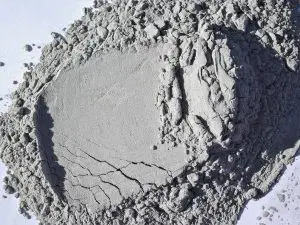
Safety Considerations in Handling Pure Aluminum Powder
While pure aluminum powder offers immense potential, it’s essential to handle it with care due to certain safety considerations:
Fire hazard: Pure aluminum powder is highly flammable and can ignite easily when exposed to an ignition source. It’s crucial to store and handle it away from open flames, sparks, and sources of heat. Implementing proper fire prevention measures, including fire extinguishers and fire suppression systems, is essential.
Dust control: The fine particles of pure aluminum powder can become airborne and pose an inhalation hazard. It’s important to implement dust control measures, such as using enclosed systems, local exhaust ventilation, and personal protective equipment (like respiratory masks), to minimize the risk of exposure.
Electrostatic discharge (ESD): Pure aluminum powder can generate static electricity, increasing the risk of electrostatic discharge. Proper grounding and the use of anti-static equipment can help mitigate this risk.
Applications of Pure Aluminum Powder
Pure aluminum powder finds applications in diverse industries, thanks to its unique properties. Some common applications include:
- Additive Manufacturing: Pure aluminum powder is used in various additive manufacturing processes, such as selective laser melting (SLM) and powder bed fusion (PBF). These processes allow for the production of complex aluminum parts with high precision and strength.
- Chemical Reactions: Pure aluminum powder is a key component in certain chemical reactions, such as thermite reactions. These reactions generate intense heat and are used in welding, metal cutting, and incendiary devices.
- Pyrotechnics: The exceptional purity and fine particle size of aluminum powder make it ideal for use in pyrotechnic applications, including fireworks, flares, and explosive devices.
- Coatings and Pigments: Pure aluminum powder is utilized in the production of metallic coatings and pigments, providing a reflective and corrosion-resistant surface. It finds applications in automotive coatings, reflective paints, and decorative finishes.
Conclusion
Pure aluminum powder is a remarkable materialthat holds immense potential in various industries. Its production involves meticulous processes, such as aluminum ingot preparation and mechanical milling, to ensure exceptional purity and fine particle size. Pure aluminum powder exhibits unique characteristics, including high purity, fine particle size, lightweight, and high thermal conductivity.
However, it’s important to handle pure aluminum powder with caution due to its flammability and potential health hazards. Implementing safety measures, such as fire prevention, dust control, and ESD precautions, is crucial when working with this material.
The versatility of pure aluminum powder is evident in its applications across industries, from additive manufacturing and chemical reactions to pyrotechnics and coatings. Its ability to contribute to high-precision manufacturing, heat transfer, and reflective surfaces makes it an invaluable material in various sectors.
By understanding the production process, characteristics, safety considerations, and applications of pure aluminum powder, manufacturers, researchers, and professionals can unlock its full potential and explore new horizons in innovation and technological advancement.

